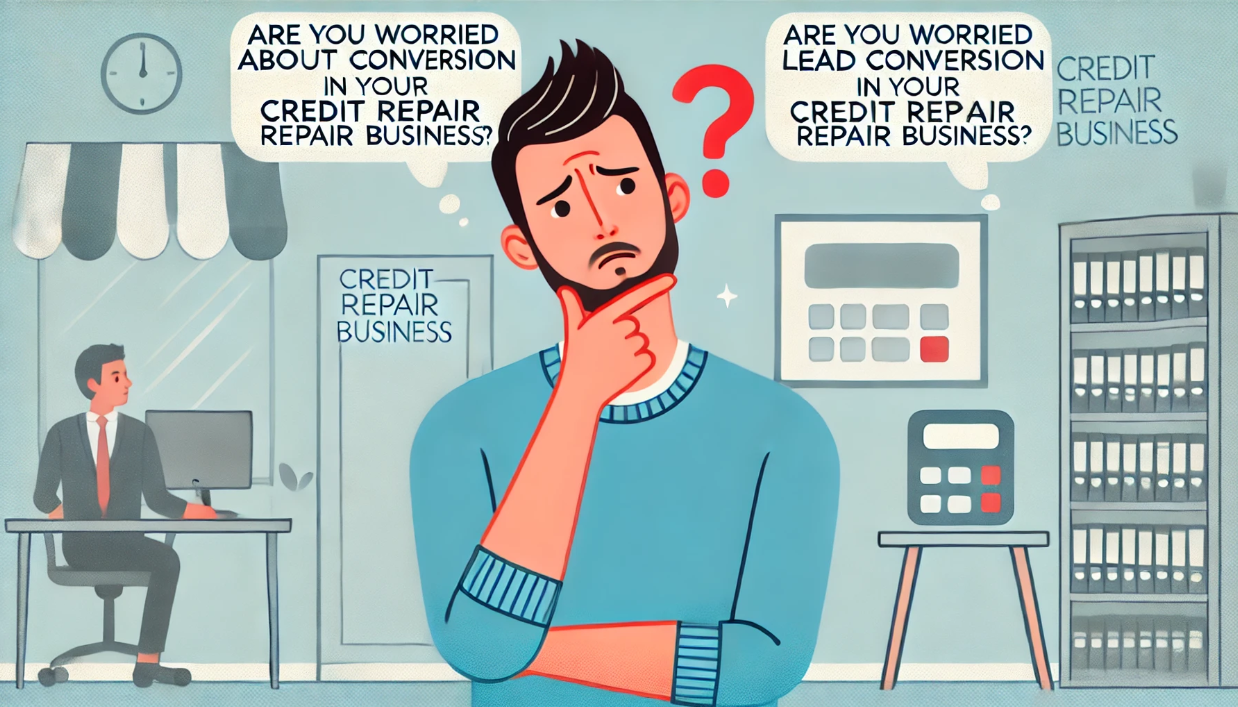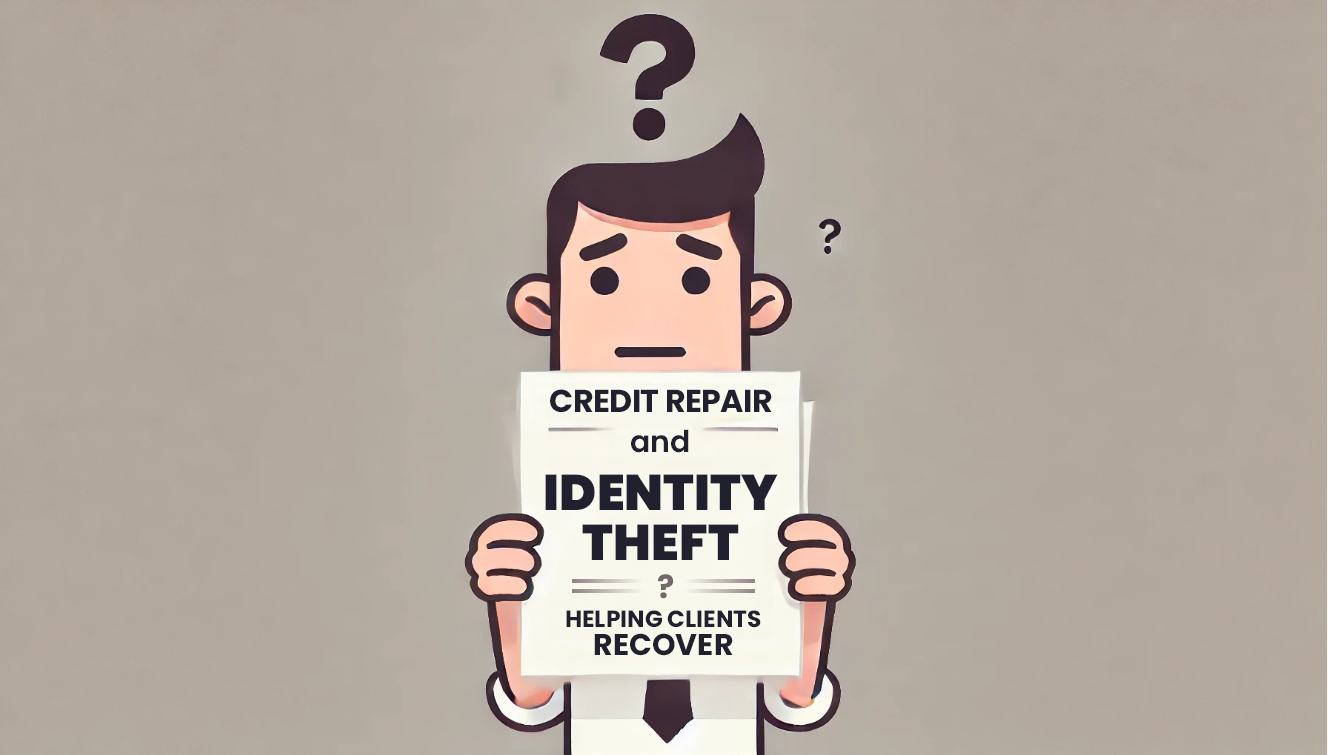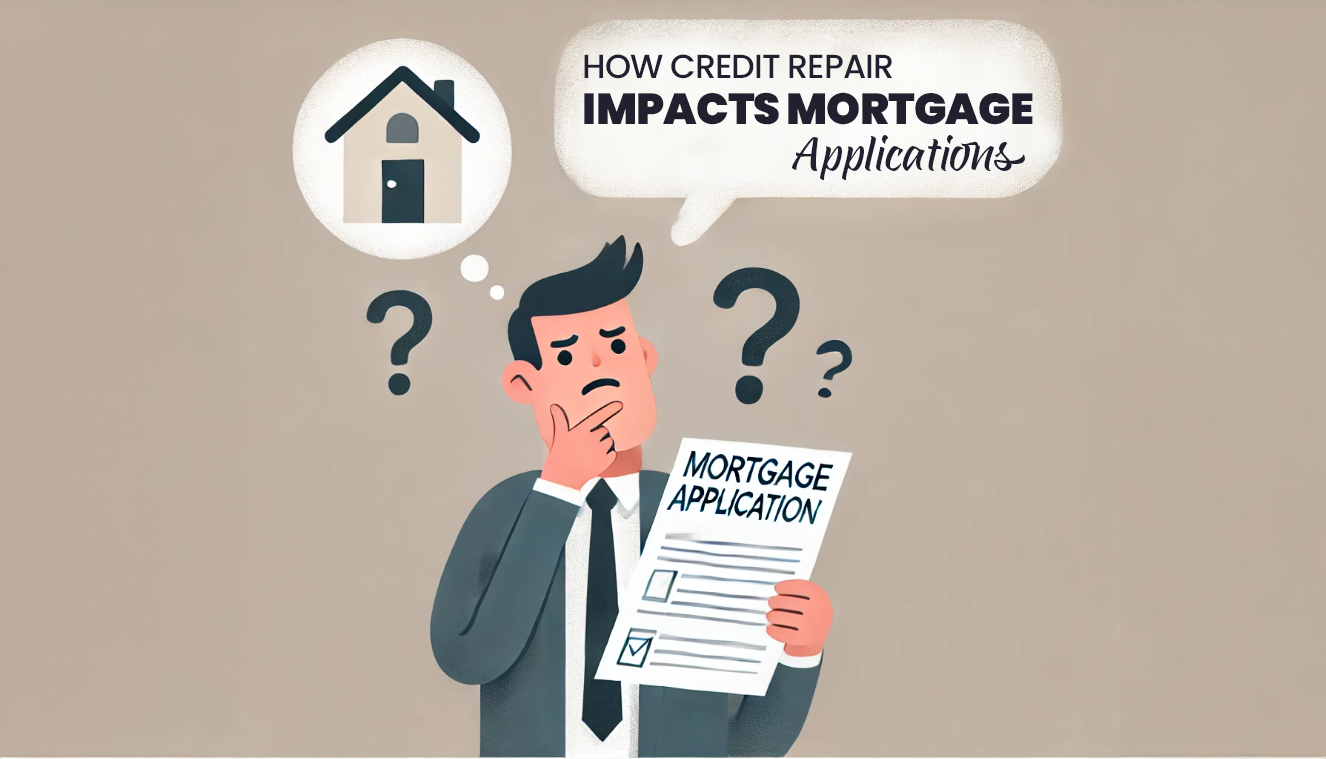Tips To Understand Credit Reporting Agencies
Effective communication with credit reporting agencies (CRAs) is crucial for credit repair businesses to ensure the success of their dispute processes and overall operations.
In this blog, we will delve into the key aspects of understanding credit reporting agencies and provide valuable tips for effective communication.
By implementing these strategies, credit repair businesses can streamline their operations, enhance their relationships with CRAs, and achieve better outcomes for their clients.
The Role of Credit Reporting Agencies (CRAs)
Credit reporting agencies, also known as credit bureaus e.g., Experian, Equifax, and TransUnion, play a vital role in the credit reporting ecosystem. Their primary functions include:
-
Collecting and Maintaining Consumer Credit Information
CRAs collect data from diverse sources. This includes lenders, financial institutions, and public records. They use this to create comprehensive credit reports for individuals. These reports show individuals’ credit histories. Elements covered are payment history, credit utilization, and outstanding debts. Public records, such as bankruptcies or tax liens, are also included.
-
Generating Credit Reports
Upon receiving consumer credit information, CRAs generate credit reports that serve as a snapshot of an individual’s creditworthiness. These reports are utilized by lenders, employers, landlords, and other entities to assess an individual’s financial reliability and make informed decisions.
-
Providing Access to Credit Reports
Credit repair businesses require access to credit reports to identify inaccuracies and discrepancies that may negatively impact their clients’ credit profiles. CRAs offer various platforms, like Smart Credit and Identity IQ direct access portals, to streamline the credit report retrieval process for credit repair professionals.
-
Investigating Credit Disputes
When credit repair businesses initiate disputes on behalf of their clients, CRAs are responsible for investigating the disputed items. They communicate with data furnishers, such as lenders and collection agencies, to verify the accuracy of the reported information. Upon completion of the investigation, CRAs update the credit reports accordingly.
Effective Communication Strategies with CRAs
To establish fruitful relationships with CRAs and enhance the effectiveness of credit repair dispute processes, credit repair businesses should employ the following strategies:
-
Clear and Concise Dispute Letters
When submitting disputes to CRAs like Experian, Equifax, and TransUnion, credit repair businesses should ensure that their dispute letters are well-structured, concise, and easily comprehensible. Some key points to consider include:
- Maintain a professional tone: Keep the tone of the letter courteous and respectful throughout.
- Use simple language: Avoid industry jargon or complex terminology that may confuse CRAs or complicate the dispute process.
- Provide supporting evidence: Include relevant documents, such as billing statements, correspondence, or identification, to support the claim of inaccuracy or discrepancy.
- Clearly state the purpose of the dispute: Identify the specific item(s) being disputed and explain the reason(s) for the dispute.
-
Utilize Technology and Credit Repair CRMs
Credit repair business CRMs, specifically designed for credit repair professionals, can greatly streamline communication with CRAs. Key benefits of utilizing technology in the communication process include:
- Task management: Credit repair CRMs help track and monitor the progress of disputes, ensuring timely follow-ups and reducing the chances of overlooked items.
- Document storage and organization: These platforms provide a centralized location to store and manage all relevant documents, ensuring easy access during the dispute process.
- Automated dispute processing: Credit repair CRMs offer features that automate the generation and submission of dispute letters, saving time and reducing errors.
-
Professionalism and Respect
Maintaining a professional and respectful tone when interacting with CRAs is crucial for fostering positive relationships. Here are some essential guidelines:
- Choose appropriate communication channels: CRAs often have designated channels for communication, such as online dispute forms or specific contact points. Use technical factual dispute methods or dispute via mail because the online disputing system limits the disputing process.
- Follow CRA guidelines: Familiarize yourself with the specific guidelines provided by each CRA to ensure compliance and avoid unnecessary conflicts.
- Timely Follow-ups
- Regularly following up with CRAs is essential to ensure the progress of ongoing disputes. By establishing consistent communication, credit repair businesses can:
- Track dispute status: Check the status of each dispute regularly and document the outcomes or any further actions required. You can easily simplify the process by using credit repair business software.
- Maintain records of communication: Keep a record of all interactions with CRAs, including dates, names of representatives, and details of the discussions. This documentation can serve as evidence in case of discrepancies or delays in the dispute process.
- Schedule follow-up reminders: Set reminders or utilize task management features in your credit repair CRM to prompt timely follow-ups, ensuring that disputes are being actively addressed.
Credit Repair Business Education and Training
To enhance the effectiveness of communication with CRAs, credit repair businesses should invest in continuous education and training:
-
Stay Informed on Regulations and Guidelines
Credit repair professionals must stay up-to-date with laws, regulations, and guidelines that govern credit reporting and dispute processes. Some key points to consider:
- Consumer Financial Protection Bureau (CFPB): Stay updated on the guidelines provided by the CFPB, which oversees consumer financial protection laws and regulations.
- Fair Credit Reporting Act (FCRA): Familiarize yourself with the FCRA, which outlines the rights and responsibilities of consumers, credit repair businesses, and CRAs.
-
Industry-Specific Training
Participating in workshops, seminars, or online courses that offer credit repair business education can be highly beneficial. Some advantages of industry-specific training include:
- Best practices and strategies: Learn proven techniques for effective communication with CRAs, dispute management, and client relationship management.
- Industry trends and updates: Stay informed about emerging trends, technological advancements, and changes in the credit repair industry that may impact your operations.
- Networking opportunities: Engage with other credit repair professionals, share insights, and learn from their experiences.
Outsourcing Credit Repair Disputes
For credit repair businesses looking to streamline their operations and enhance efficiency, outsourcing credit repair disputes can be a viable option:
-
Benefits of Outsourcing
Outsourcing credit repair disputes to professional credit repair companies can offer several advantages:
- Time and cost savings: Outsourcing frees up your resources to focus on core business activities, such as client acquisition and relationship management. It also eliminates the need for training and managing an in-house dispute team.
- Specialized expertise: Professional credit repair agencies have extensive knowledge of the dispute process and established relationships with CRAs. They possess the experience and expertise necessary to handle disputes effectively.
-
Partnering with Reputable Credit Repair Companies
When considering outsourcing, it is essential to research and select a reputable credit repair software company that aligns with your business goals and values. Some key factors to consider include:
- Reputation and track record: Look for companies with a solid reputation in the credit repair industry, positive client testimonials, and a proven track record of successful dispute resolution.
- Communication channels and expectations: Establish clear communication channels and expectations with the outsourced credit repair company to ensure a seamless partnership. Define your requirements, turnaround times, and reporting mechanisms to maintain transparency and accountability.
Conclusion
Effective communication with credit reporting agencies is a vital component of credit repair businesses’ success. By understanding the role of CRAs, employing effective communication strategies, investing in education and training, and exploring outsourcing opportunities, credit repair businesses can optimize their interactions with CRAs, streamline their dispute processes by using the credit repair CRM software, and provide better outcomes for their clients. Stay informed, adapt to industry changes, and foster positive relationships with CRAs to excel in the credit repair industry.
References:
Fair Credit Reporting Act – https://www.ftc.gov/legal-library/browse/statutes/fair-credit-reporting-act
ScoreCEO – https://www.scoreceo.com/
ScoreInc – https://www.scoreinc.com/
Experian – www.experian.com
TransUnion – www.transunion.com
Equifax – www.equifax.com
Consumer Financial Protection Bureau – https://www.consumerfinance.gov/
Outsourcing – https://www.scoreinc.com/outsourcing/
ScoreWayU – https://scoreway.leadpages.co/scoreway-u-free-access/
Smart Credit – https://www.smartcredit.com/
Identity IQ – https://www.identityiq.com/
Experian Disputes – https://www.experian.com/blogs/ask-experian/credit-education/faqs/how-to-dispute-credit-report-information/
Equifax Disputes – https://www.equifax.com/personal/credit-report-services/credit-dispute/
TransUnion Disputes – https://www.transunion.com/credit-disputes/dispute-your-credit
Internal Links to the blogs:
Building Networks: https://www.scoreceo.com/effective-strategies-for-building-and-maintaining-relationships-with-referral-partners-in-the-credit-repair-industry/
Trends – https://www.scoreceo.com/the-future-of-credit-repair-trends-and-opportunities-for-industry-growth/
Comments are closed.





